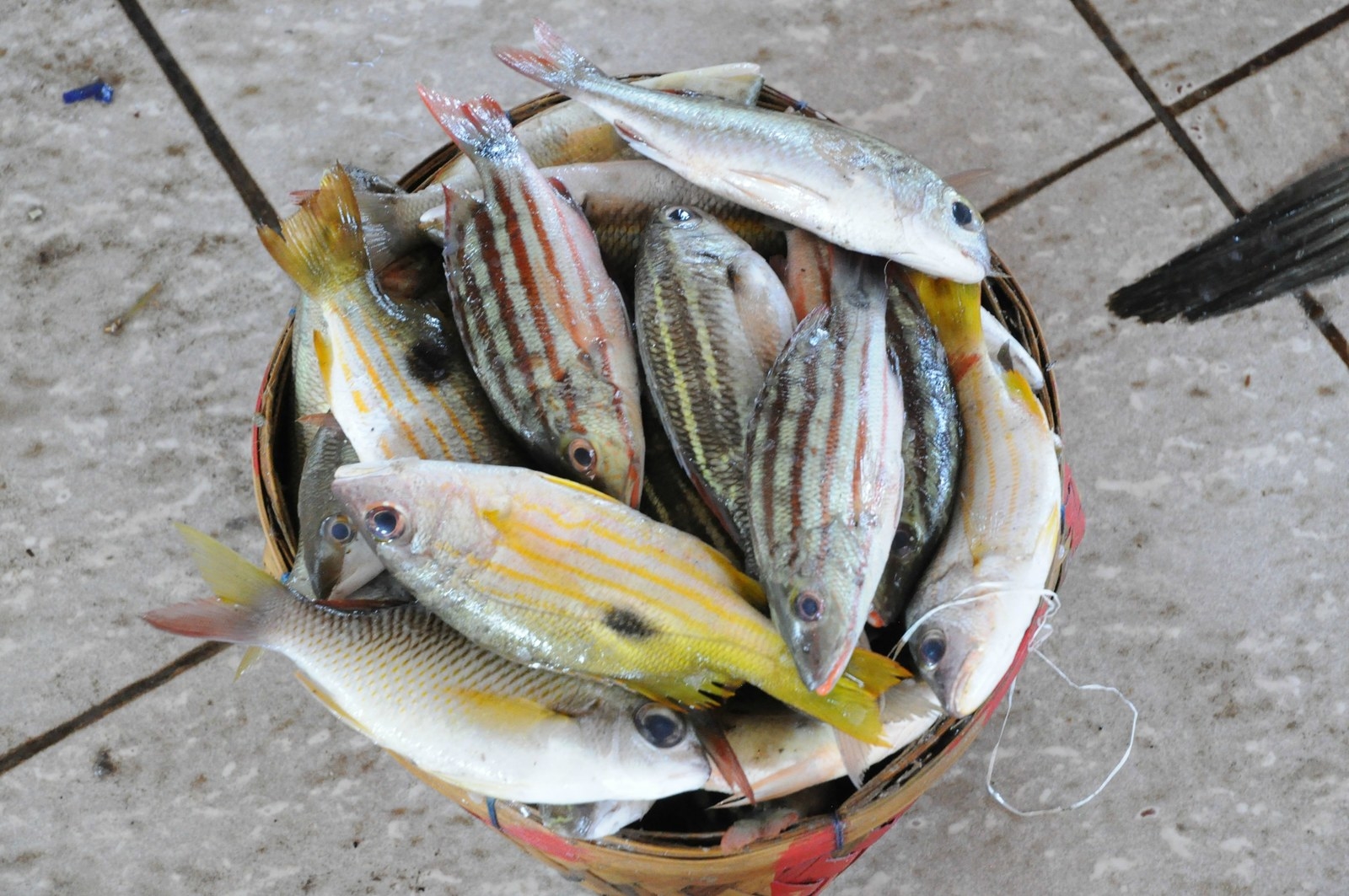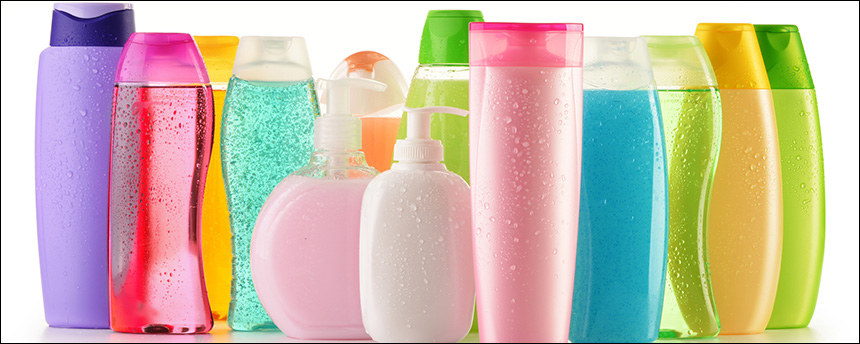1. What took decades to destroy, takes millennia to recover
View this video on YouTube
Ocean ecosystems that experience rapid upheaval because of climate change can take thousands of years to recover, according to an examination of fossilized ocean fauna on the seafloor by UC Davis scientists.
This 2015 study was the first record of disturbance and recovery of seafloor ecosystem biodiversity in response to abrupt climate change.
Led by Sarah Moffitt, a scientist from UC Davis Bodega Marine Laboratory and Coastal and Marine Sciences Institute, the work shows that while climate change and the deoxygenation of seawater can alter ocean ecology very quickly, recovery can be on a 1,000-year scale, not the 100-year scale previously thought.
2. Oysters vulnerable to increased acidification of the ocean

3. Quick, get a plan to combat ocean acidification

4. Tide pools at the forefront of ocean acidification

5. Killer whales get personal health records

6. Romance plans for the white abalone’s survival
View this video on YouTube
Oh, to be a white abalone at the UC Davis Bodega Marine Laboratory. Between antibiotic cleansing baths, exfoliating, coconut oil and beeswax treatments, the lab’s white abalone healthcare plan reads like a relaxing spa retreat, says UC Davis research scientist Kristin Aquilino. It’s all part of the research team’s efforts to bring the endangered animal back from the brink of extinction.
So far it’s working. With special “mood” lighting, just-right water temperatures, and even a little Barry White music thrown in for good measure, love is in the air for these pampered marine snails.
In 2012, the UC Davis captive breeding program achieved the first successful spawning in a decade. Thousands of offspring were created through the program last year, making 2015’s attempt the best spawning season yet.
The program has been so successful, it’s likely more white abalone exist now in captivity than in the wild, Aquilino says.
7. Cleaning up lost crab gear
View this video on YouTube
Dungeness crab boats in California were idle in ports up and down the coast in winter 2016. The season remained closed in most parts of the state after dangerous levels of the biotoxin domoic acid were detected in crabs.
While the delay resulted in financial losses to fishermen and no California-caught crab at the market, some in the business of Dungeness harvests were busy hauling in a different catch instead: lost crab gear.
A group of fishermen stretching from Crescent City south to San Francisco collaborated with the Karen C. Drayer Wildlife Health Center at the UC Davis School of Veterinary Medicine to retrieve lost crab gear from the ocean. They sold the recovered gear back to the original owners, under what they hope will be a financially sustainable model for future cleanups.
8. ‘Waiter, there’s some plastic in my fish’

9. Fish study results in federal microbeads ban





